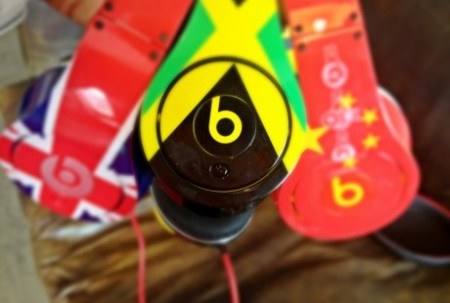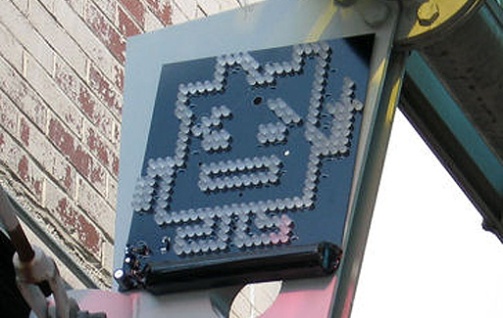Blog#2:Interpret ambush marketing and methods to guard against it.
Think back to summertime of 2012. Wonderful memories, right? Well if you can remember that was also the time of the Olympics in London, England. One of the best marketing campaigns from these summer Olympics was not from an official sponsor. In fact, it was from just the athletes themselves wearing some headphones. Beats, by Dr. Dre customized headphones in national colors and brilliantly sampled them to athletes. This gave the athletes an opportunity to rock out to some tunes before competing, and it gave all of us as viewers an up close view of the “really cool headphones with our national colors” on their heads. The athletes wore Beats everywhere. This is “ambush marketing”, a marketing strategy where advertisers capitalize on an event without paying a sponsorship fee.
The Olympics really cracked down on ambush marketing this year. They made sure not even the tiniest advertisements could peak through. The British even approved a £20,000 fine to prevent it. However, the Beats brand slipped through the cracks, even though Panasonic was the official music sponsor. It was a successful marketing campaign because the athletes didn’t even realize they were advertising the headphones. They were just using something they genuinely liked. This is an example of successful ambush marketing.
But what about unsuccessful ambush marketing? Silly misunderstandings can get out of hand, especially when advertisers go for an edgy look to promote their products. Best case scenario: people get the joke and buy what you want them to. Worst case scenario: they think your ads are bombs.
In 2007, two men were paid by representatives of Adult Swim, Cartoon Network and Turner Broadcasting System to put up over 30 battery-powered LED lights around hotspots in Boston depicting characters from the show Aqua Teen Hunger Force flipping the middle finger. The signs were supposed to promote the upcoming ATHF movie.
However, the people of Boston thought these signs were improvised bombs. People all over the city started calling in reporting the ads as bombs to police, who were equally clueless as to what they actually were. The two men who put the signs up were arrested, and face felony charges of placing a hoax device to cause panic. Turner Broadcasting also was forced to pay $2 million to make up for money spent responding to the imaginary bomb scare.
Related articles
- Dr Dre’s Beats beat ban on 2012 ambush marketing (wheresthesausage.typepad.com)
- Ambush Marketing and How It Leads to Trademark Infringement (cherylmaev.wordpress.com)
- Guerrilla Marketing Do’s and Don’ts (alleywatch.com)
